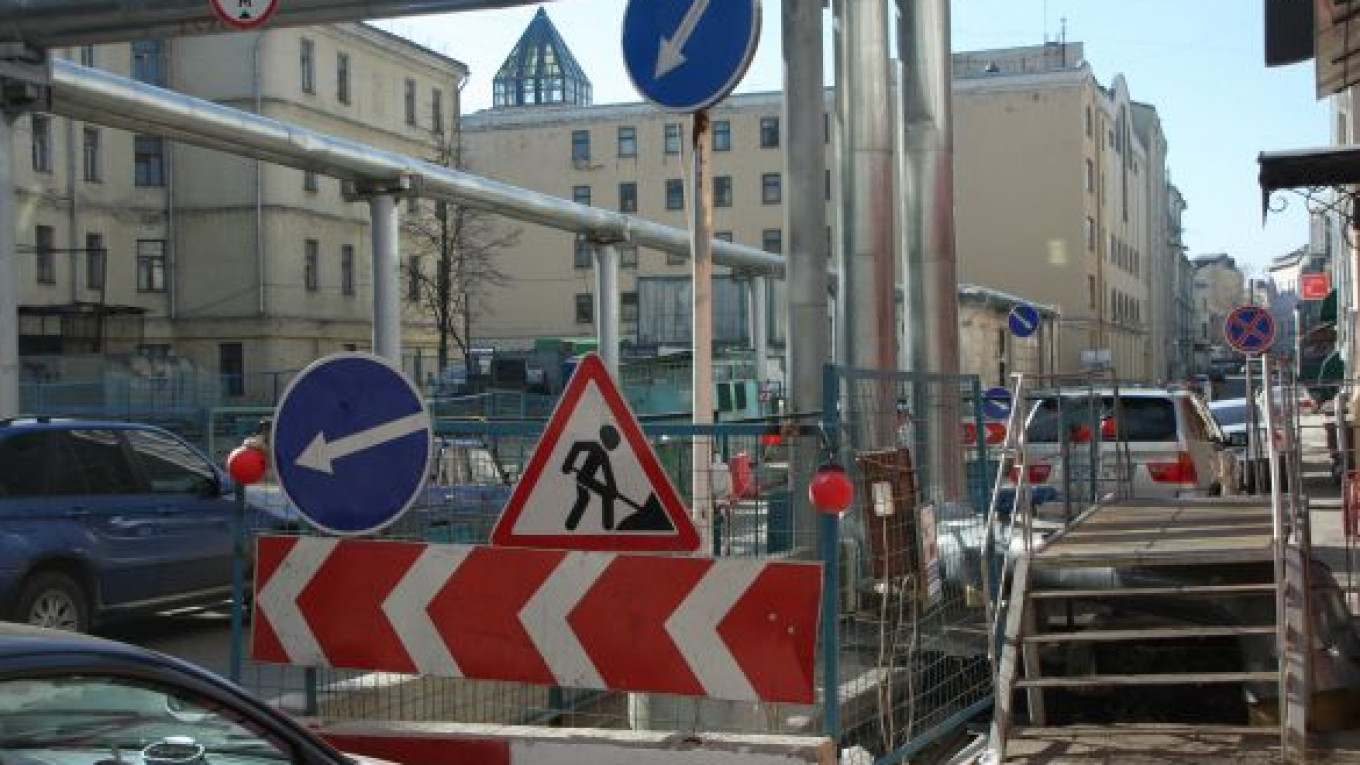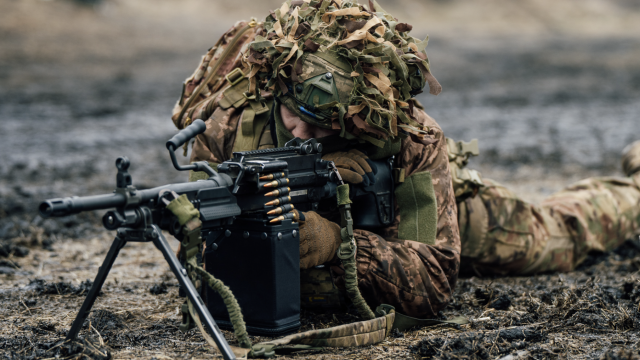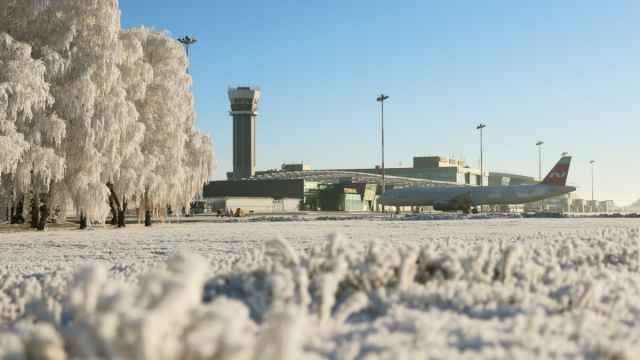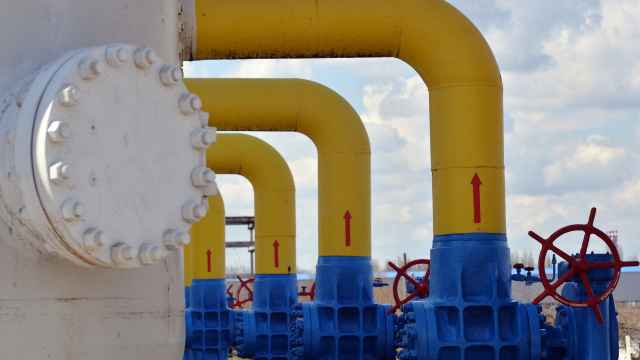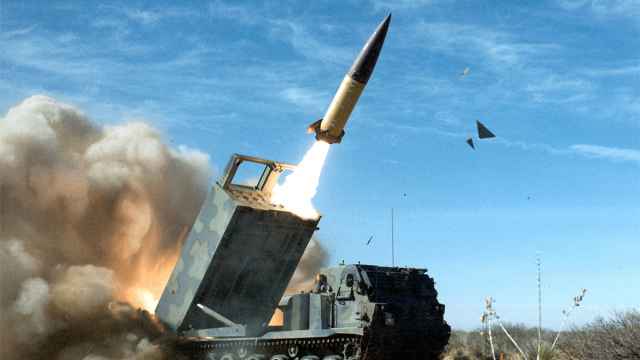Russia’s heating systems face collapse unless a new system of regulation is introduced to encourage investors and allow them to raise tariffs, leading figures in the industry told The Moscow Times.
A new government document on pricing for heat proposes putting off the introduction of regulatory asset base, or RAB, regulation for heating networks across the country until the beginning of 2013, RBC Daily reported Thursday.
David Staechele, technical director for Russia with Dalkia, the subsidiary of Electricite de France that signed a contract to run a heating system in the Leningrad region in 2009, said the new regulation is necessary to fund much-needed renovation of aging heating and hot water assets.
“The situation is worsening every minute. In many cases these assets were built 40 years ago, and they really are at the end of their lifetimes. In some places it’s not about improving the system, but saving it,” he said by telephone.
RAB regulation would link tariffs to the investments that operators make in their assets — a step investors say is necessary if they are to recoup the resources they are shoveling into renovation of Russia’s aging heat and hot water distribution networks.
Heating costs are currently set on a “costs-plus” basis, in which the regulator sets tariff levels annually.
That system incentivizes investors away from investing in renovating aging systems because “if you show a saving, the regulator will lower the tariff limit the next year,” explained Igor Vasilyev, a utilities analyst at Troika Dialog.
The government committed itself to introducing long-term tariff policies in the 2009 law on energy efficiency.
RAB was introduced in the electricity sector in 2010 and originally meant to be launched in the heating sector on Jan. 1, 2011. It was pushed back to 2012 when that deadline was not met.
The average Russian heating tariff is currently 1,000 rubles per gigacalorie, depending on various factors such as the fuel used (gas-heated water is much cheaper than coal-heated, for example).
Staechele said a 20 percent to 22 percent tariff increase would be enough to fund asset investment in most regional capitals.
That doesn’t necessarily mean an increase for end-users — the government is likely to impose “tariff smoothing” that would mean very little change for the first two or three years, Vasilyev said.
But Staechele warned that in other areas the degradation of boiler plants and piping networks is so “catastrophic” that tariff hikes would have to cover “huge” investments.
The Economic Development Ministry is inviting independent assessments of corruption risk in the program on pricing for heat until May 26.
A Message from The Moscow Times:
Dear readers,
We are facing unprecedented challenges. Russia's Prosecutor General's Office has designated The Moscow Times as an "undesirable" organization, criminalizing our work and putting our staff at risk of prosecution. This follows our earlier unjust labeling as a "foreign agent."
These actions are direct attempts to silence independent journalism in Russia. The authorities claim our work "discredits the decisions of the Russian leadership." We see things differently: we strive to provide accurate, unbiased reporting on Russia.
We, the journalists of The Moscow Times, refuse to be silenced. But to continue our work, we need your help.
Your support, no matter how small, makes a world of difference. If you can, please support us monthly starting from just $2. It's quick to set up, and every contribution makes a significant impact.
By supporting The Moscow Times, you're defending open, independent journalism in the face of repression. Thank you for standing with us.
Remind me later.


